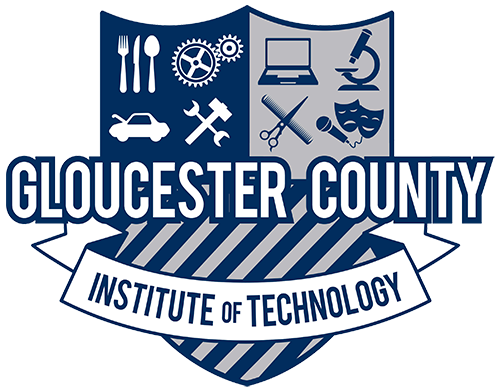Hello everyone, My name is Niki Jacob. I come from a background in digital media and education. Currently a digital media instructor at a local technical school in Southern, NJ. Degrees in Music, Video and Multimedia along with Graphic Design and Marketing. I’ve had hands-on experience working with Adobe tools, film and music marketing, web design, and marketing principles in all my graphic design classes. I already have a strong interest in how communication shapes culture and impacts the way people connect, especially through new media. This course is a great fit for me because it will deepen my understanding of media literacy, communication models, and how messaging influences behavior—skills I need to grow both as a teacher and as a digital media instructor. This course supports both sides of that path by helping me critically analyze media and improve how I teach it to others.
To answer the question about my friend needing help I would probably start by saying that it makes total sense that he is being called gullible and such. My husband has gotten caught plenty of times. I am still teaching him and my father how to be aware. I would then explain that the internet is definitely overflowing with content that is bias, misleading and designed to manipulate.
Just look at Alexa. Ever have her start speaking about something you bought a month ago. Its trained to sell, to upsell. so without solid media literacy skills it is very easy to get trapped. Basically, in my mind the fact that they just realized it is a step in the right direction. Media Literacy is not just about spotting the fake news, it’s more like asking the 5W’s if you can on any particular subject. Who made this? What’s their goal? Where did it come from? When was this written? and sometimes even Why? Again, is this fact, fiction or marketing in disguise. Hypercommercialism is just a fancy word-it really is everywhere. (Baran, 2022).
I’d would definitely sit with him and walk through a couple of examples—maybe a headline on social media or a viral video—and break them down together. I’d point out red flags like clickbait titles, lack of credible sources, or emotionally charged language that tries to push a reaction instead of providing facts. I always encourage people to look at different sites for a diverse mix of sources. It’s better to step out of your comfort zone and do some sleuthing. For instance, during the presidential debate, depending on your favorite channel your listening or reading from, the polls where different. What’s right? So start looking at different sources to get a better idea of what is actually true. That way, he doesn’t just improve his media skills—he gets a broader, more balanced view of the world.
Become more media literate isn’t about lecturing—it’s about giving them tools so they can start seeing the patterns and asking the right questions. Once he starts doing that, he’ll be a lot harder to mislead.
Baran, S. J. (2022). Introduction to mass communication: 2024 release. McGraw-Hill Higher Education. https://bookshelf.vitalsource.com/books/9781265040994
Biasly (2023). What is Media Literacy?. YouTube. What is Media Literacy?
